10 Best Weight Loss Tips Ever(Part 2)
1. Add carbs to the main dish rather than the side dish.
Add your carbohydrates to dishes rather than treating them as an accompaniment to help reduce your calorie intake. Reducing your carbohydrate intake can help with weight loss but if cutting them out completely is not how you prefer to eat, as advocated by some diets, then try cutting down by adding a handful of cooked quinoa, brown rice, sweet potato, spelt or pulses to stir-fries, soups, salads and stews, serving as one-pot dishes.
2. Only snack if you need to
Many dietary regimes advocate a number of meals and snacks throughout the day. Snacking is great to avoid hunger pangs but if you’re not hungry then leave them out as it’s just another opportunity to overeat. If you can, then try and opt for nutritious snacks over shop-bought, low-calorie items that often offer a short-lived satiety with little nutrition. If you need to include snacks then keep something healthy to hand.
Healthy snack ideas include:
- Boiled eggs
- Dips with chopped veggies
- Tomato, stock or miso-based soups
- Small handful of nuts, seeds or dried fruits
- Low-fat natural yogurt topped with berries
- Lean sliced poultry such as turkey
- Canned tuna with a handful of pulses or salad
3. Factor in portion sizes
Switch to using a smaller plate or bowls to serve your food. Research shows that opting for smaller serving plates can lead to significant weight losses (5). Meals often have a different calorie load per portion size as they may contain a different mix of carbohydrates, fats, and proteins but using a smaller plate, as a rule of thumb, is a useful strategy. You’ll find useful examples of average portion sizes of individual foods by searching sites such as NHS choices or Weight Watchers.
4. Choose eggs for breakfast
Research shows that opting for eggs leads to greater satiety than grain-based breakfasts, making you less likely to reach for snacks mid-morning (6). If you don’t eat eggs then try another protein-rich breakfast such as smoked salmon, scrambled tofu or yogurt with seeds and nuts.
5. Limit intake of nuts, seeds, and oils
Remember that most healthy, highly nutritious foods are high in calories so watch your portion sizes of foods such as nuts, seeds, oils, dried fruit, and avocados. The supermarkets are filled with ‘healthy’ snacks such as fruit and nut bars as well as ‘on-trend’ products such as fresh nut milk. Although these foods offer a good source of nutrients, they also add calories and are of no additional benefit to you if you’re diet is already packed with other healthy nutritious foods.
6. Don’t fear fats!
Fat doesn’t necessarily make you fat and although higher in calories than protein or carbohydrates, eating too much of any food will promote weight gain. Certain diets favor fats and proteins over carbohydrates that can be difficult for some people to control in their diet. Choose small servings of healthy fats such as oily fish, nuts, seeds, avocados and oils such as extra virgin olive and coconut.
7. Get support from family and friends
It can be tough losing weight, especially without a little support and encouragement. Try getting friends or family members involved. You could also get work colleagues involved in a weight loss challenge or sign up for a charity sports event so you have something to aim for.
8. Don’t become a slave to the scales!
Weigh yourself weekly or set yourself a goal such as getting back into a favorite pair of jeans or dress. Try not to get disheartened if it takes a little longer than you hoped and don’t beat yourself up over the odd relapse, just pick up where you left off the following day.
9. Vary the food in your diet
Make sure your diet contains a variety of foods. Eating fewer calories can make it even more difficult to glean all the nutrients you need. Include foods such as pulses, oily fish, nuts, seeds, lean proteins, plenty of vegetables and whole grains (if including carbohydrates). You may want to consider a multivitamin and mineral supplement whilst dieting as a back-up such as Healthspan, Multivitality Gold, £4.95 for 90 tablets on their website.
10. Develop strategies for social events
Examples could be:
- Never turn up hungry at a buffet event and eat something before you go out.
- Seek out raw foods such as crudités and dips (small serving).
- Make socializing the focus of your event, not the food.
- Limit your intake of foods from buffets to a few handfuls or count the cocktail sticks.
- Water down the alcohol as it encourages hunger.

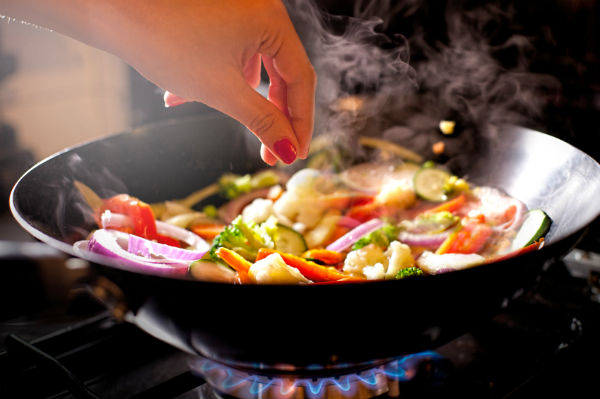
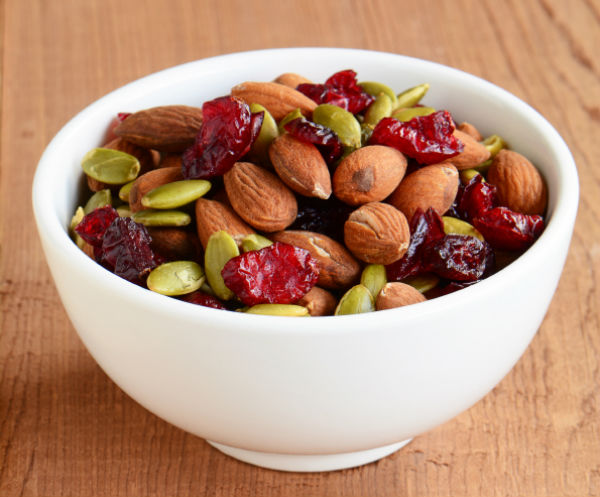
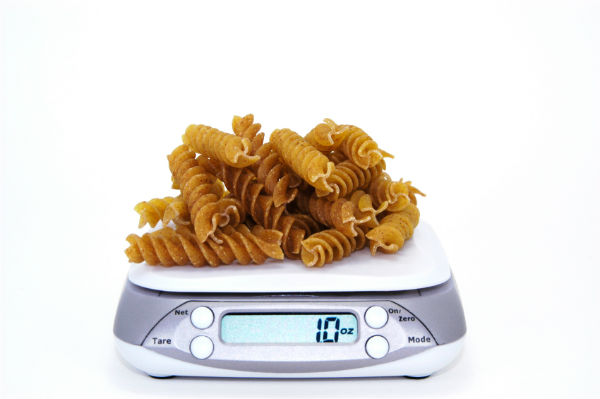
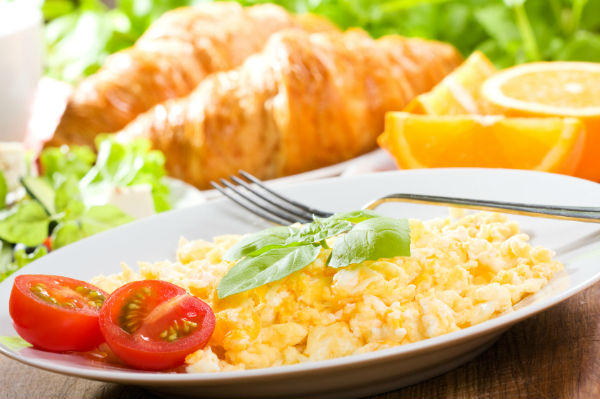
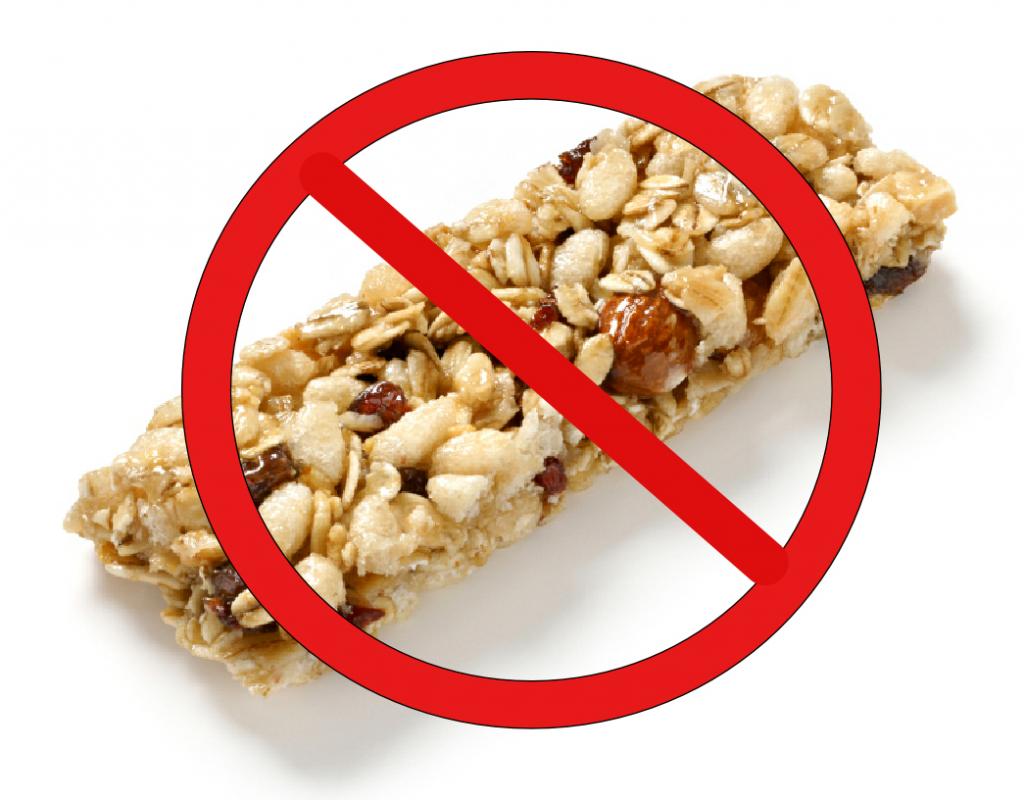
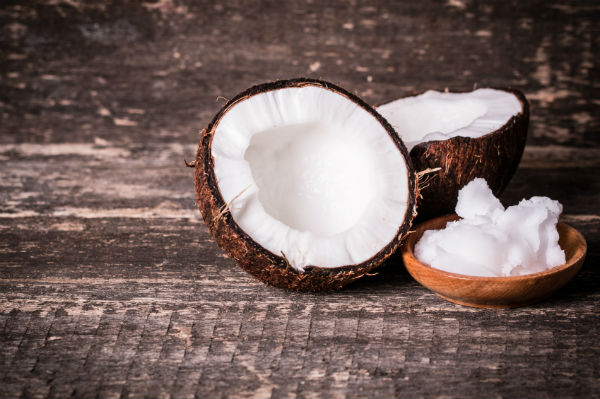

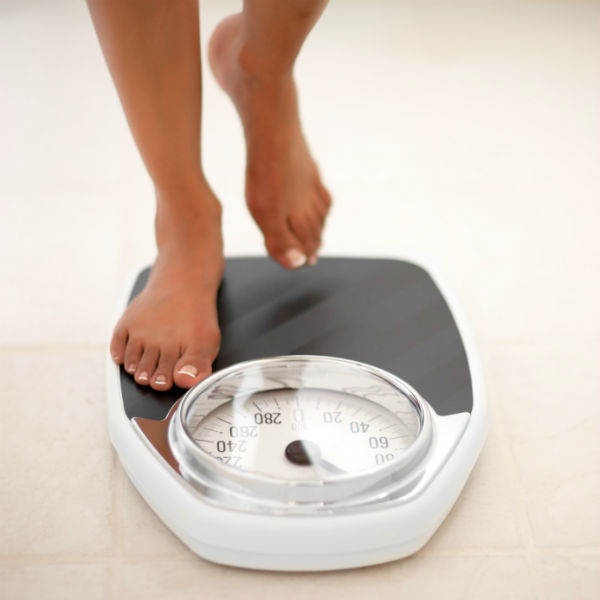

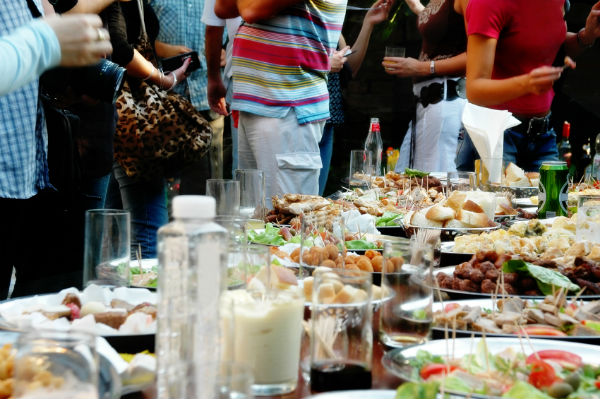
Comments
0 Comments